Partner with Apni Pathshala and start a fully supported digital centre for your community.
Open a local digital classroom with Apna PC, safe software, and mentorship. Help students in your community build real skills. Learn about eligibility and benefits.

A POD (Point of Digital Learning) is a small, community-based digital learning centre established by local individuals, schools, or NGOs with support from Apni Pathshala. Each POD comes equipped with Apna PC computers and ready-to-use learning tools and resources that help students build skills in computer basics, creativity, communication, and coding.
Our team supports POD leaders with training, technology, and mentorship. The goal is simple: to empower local changemakers to deliver quality digital education to students who need it most, whether in Mumbai, Nagaland, Delhi, or any town or village across India.
Complete the online form with your basic details (name, location, purpose, photos of the space, and existing facilities), then submit.
If selected, submit a short proposal. We provide templates and guidance so you can complete it quickly.
We schedule an online meeting with the POD Leader and your team, clarify responsibilities, and sign the MoU.
Our team reviews your form and sends a confirmation email. Please wait for our response and keep your phone and email accessible.
Complete the KYC process. Our team will verify the documents and address details required for Apna PC delivery.
When PCs arrive, record a quick unboxing video within 1 day and a setup video for safety confirmation. Stay connected with our team.
Complete the online form with your basic details (name, location, purpose, photos of space, existing facilities) and submit.
Our team reviews your form and sends a confirmation email. Please wait for our response and keep your phone/email accessible.
If selected, submit a short proposal. We provide templates and guidance so you can complete it on time.
Complete KYC. Our team verifies documents and address details required for Apna PC delivery.
We schedule an online meeting with the POD Leader and your team, clarify responsibilities, and sign the MoU.
When PCs arrive, record a quick unboxing video within 1 day and a setup video for safety confirmation. Stay in touch with the team.
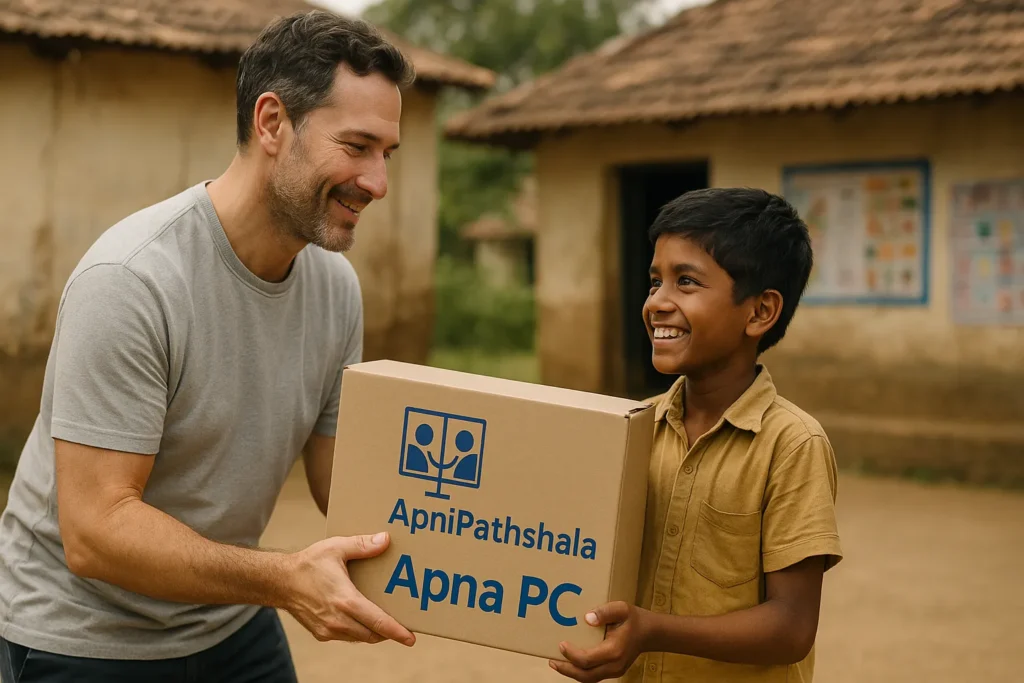
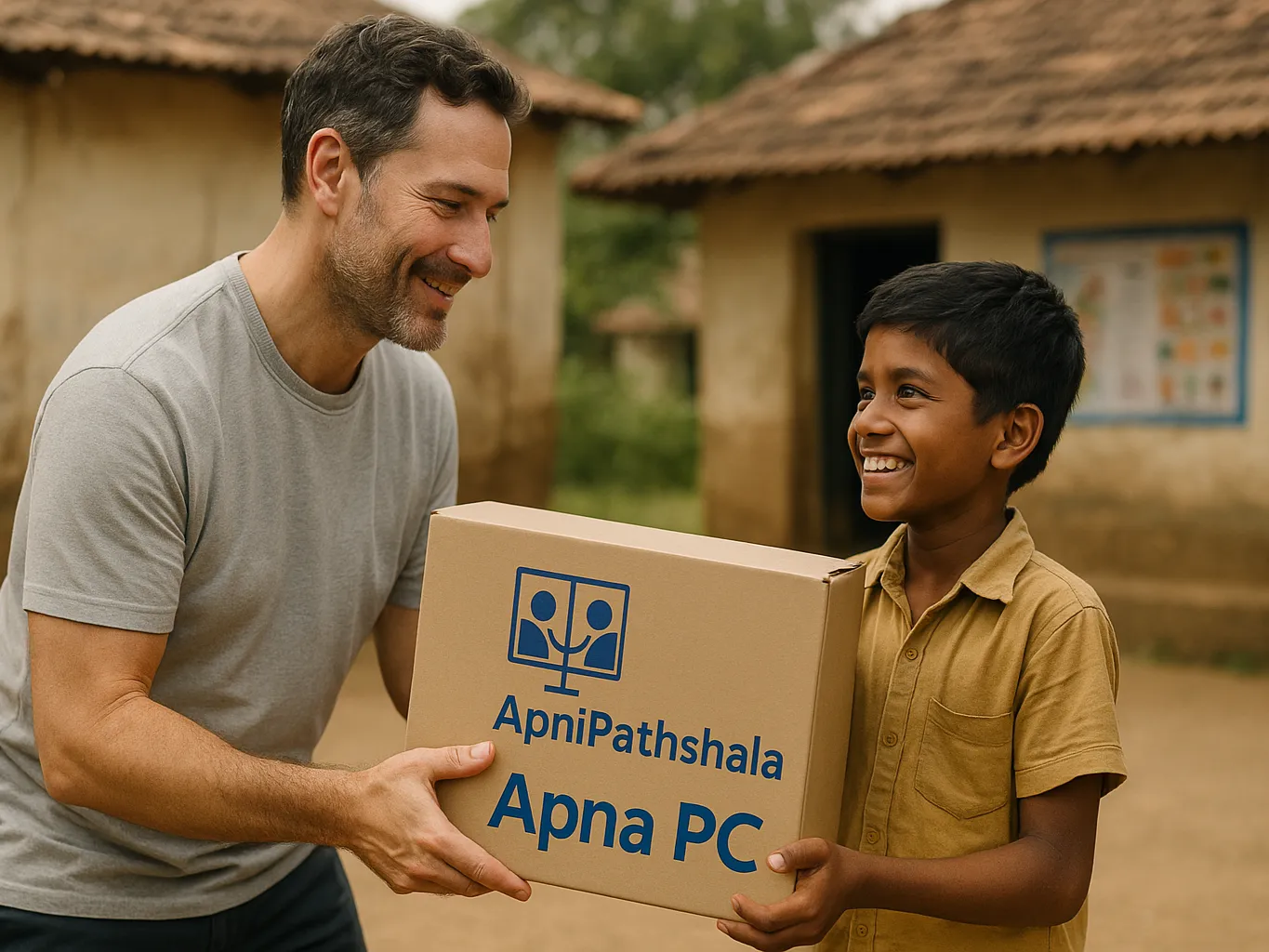
The POD Adoption Program enables anyone to sponsor a digital classroom, giving underprivileged students access to computers, digital learning, and brighter future opportunities.
We aim to launch 1,000+ PODs to reach 1.5 lakh+ students. You can help by referring anyone interested in starting a digital learning centre or by partnering with us to scale digital education in India.





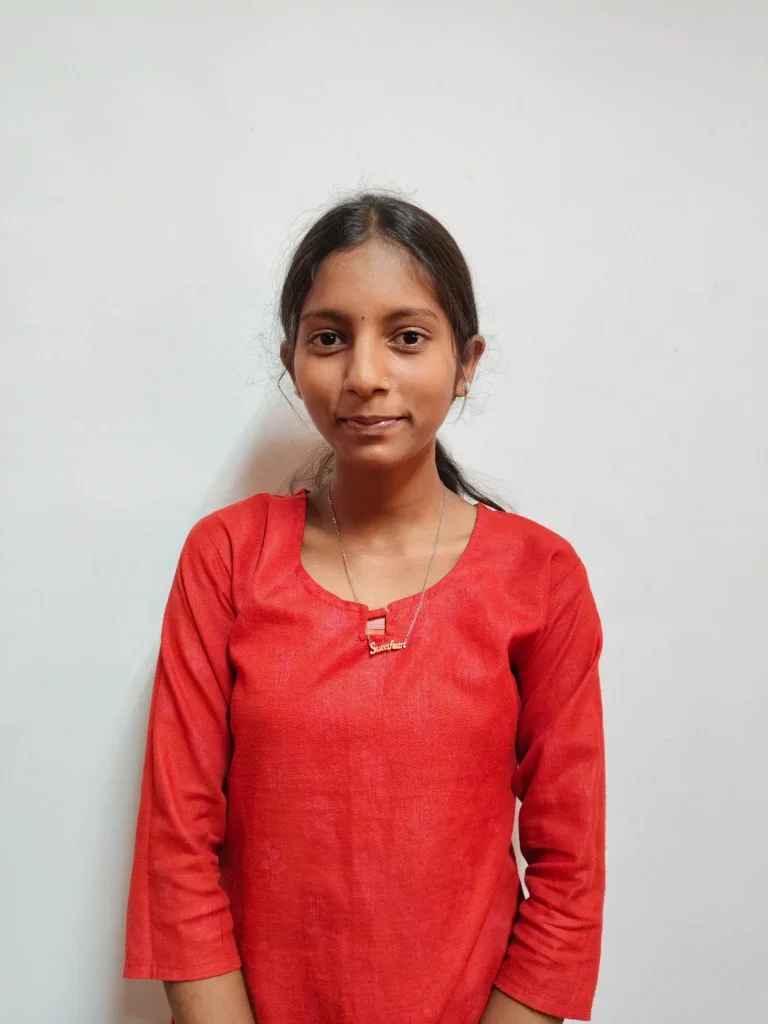
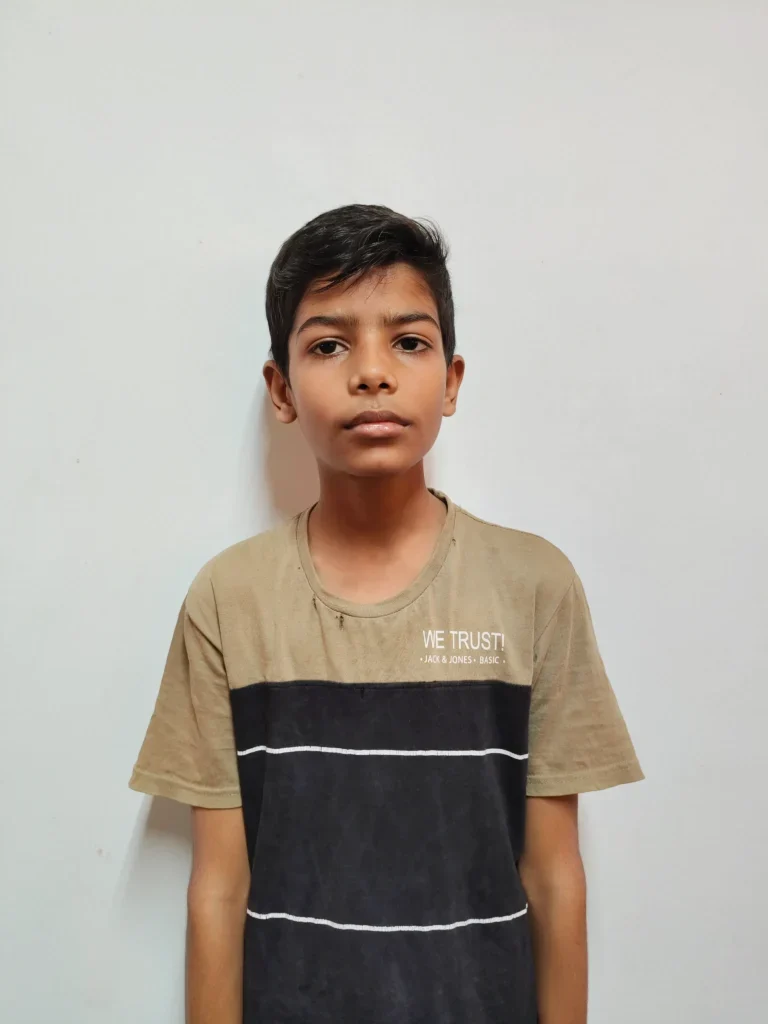
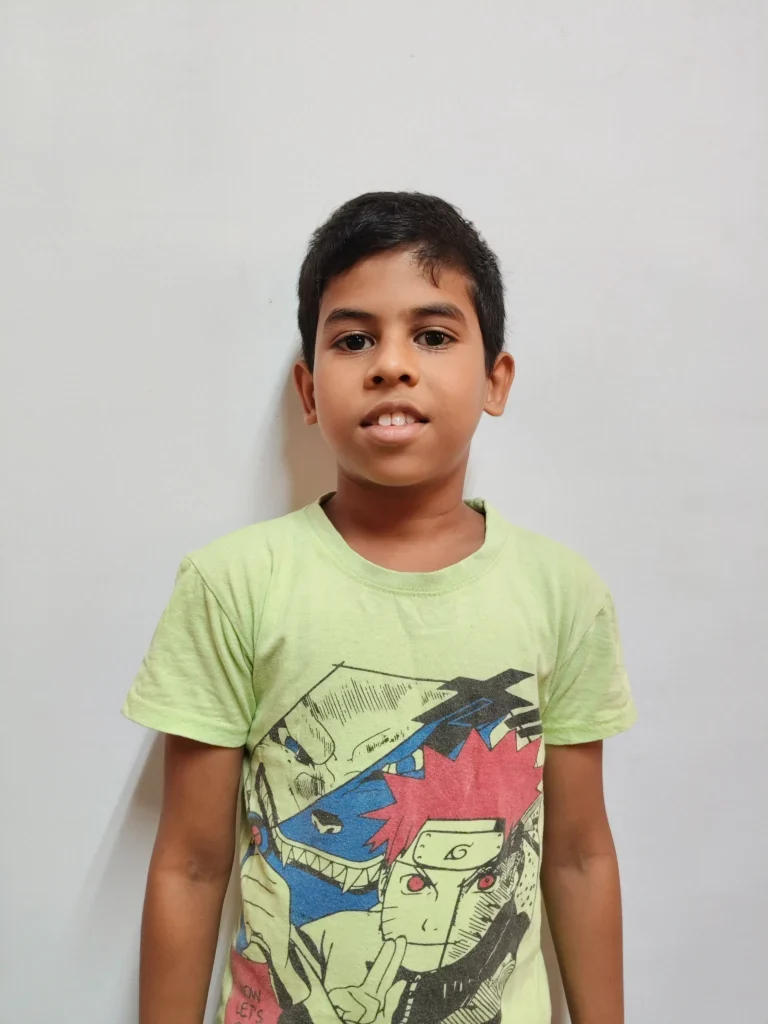
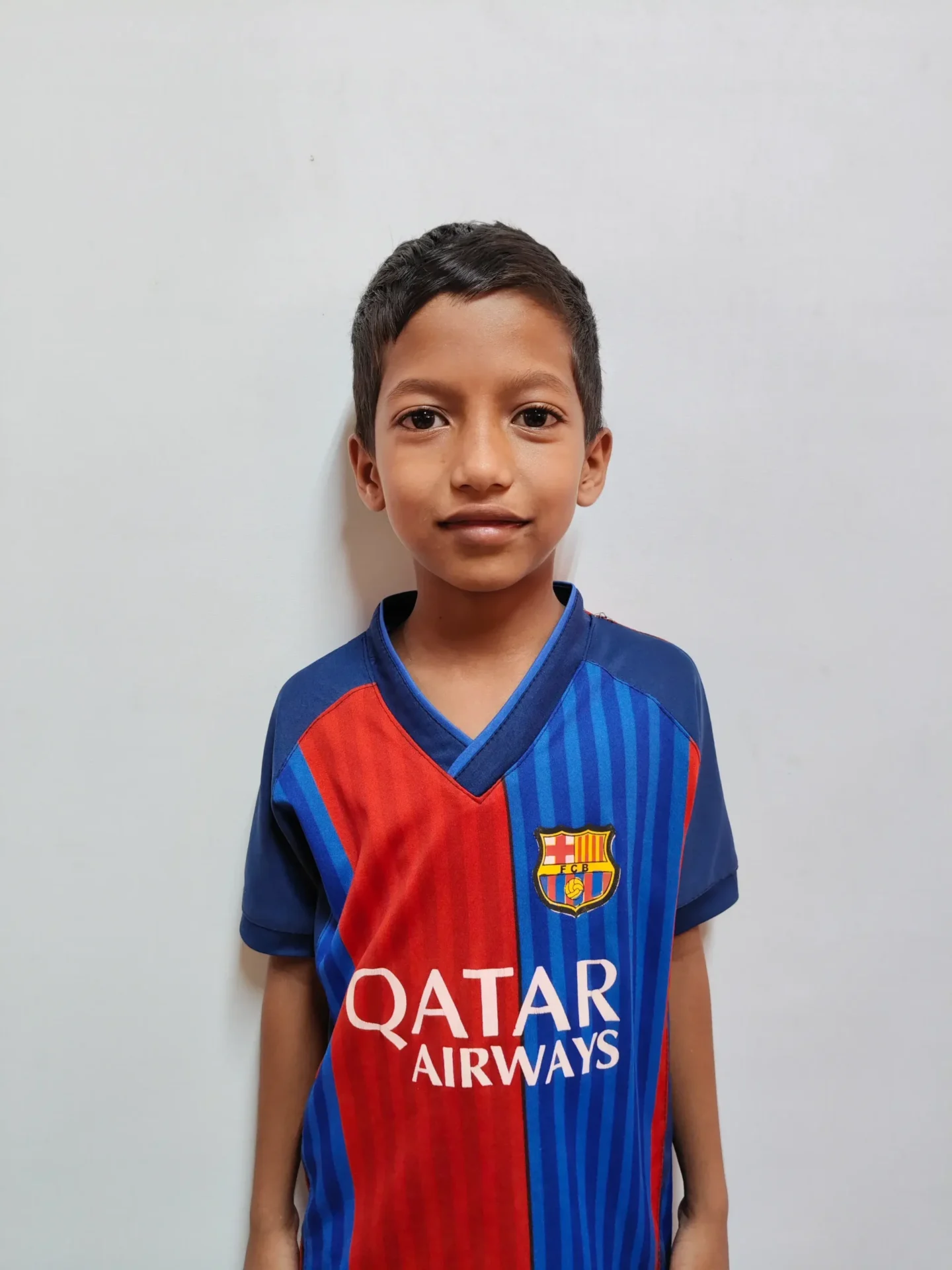
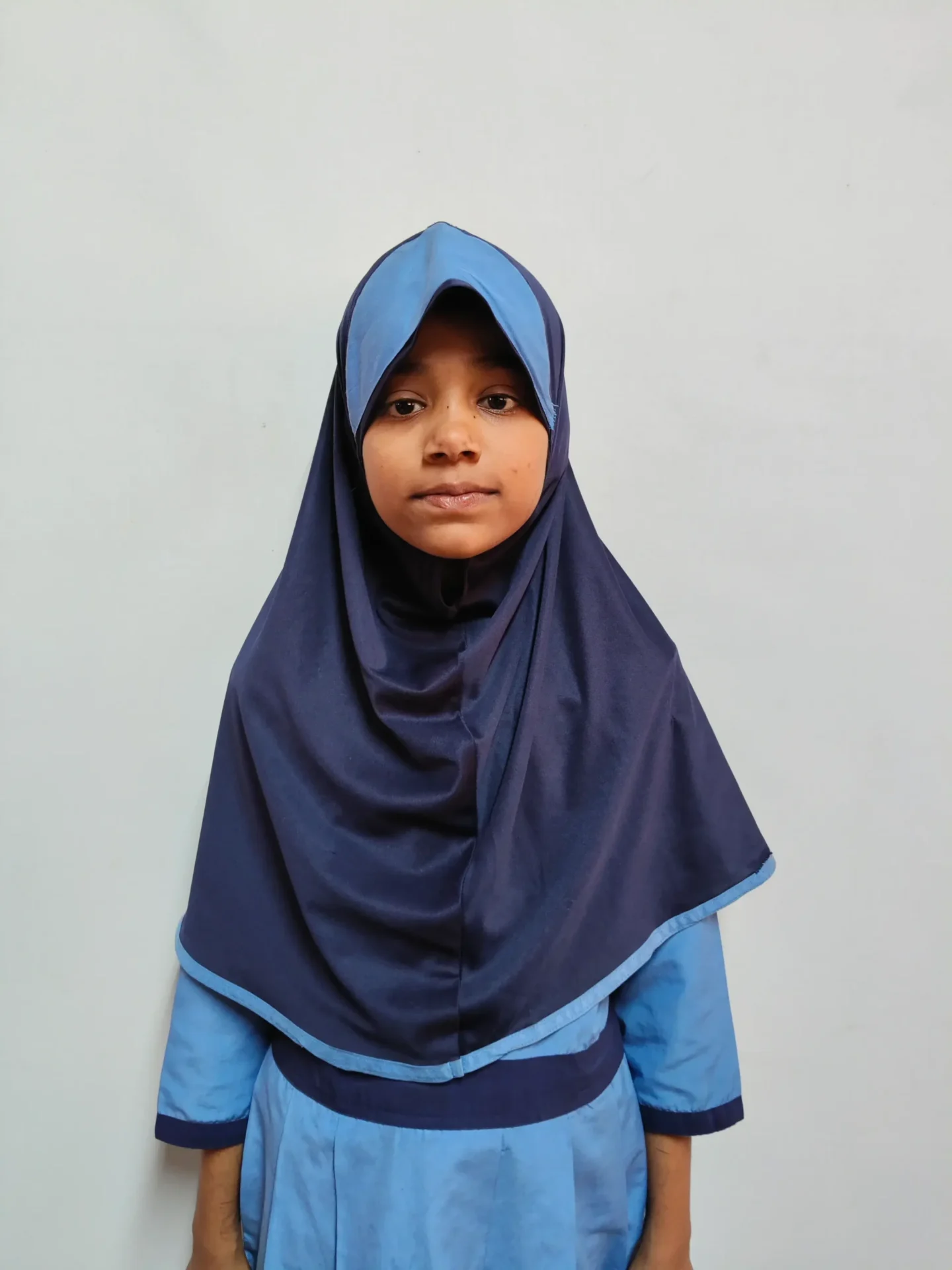




Anyone can apply, including individuals, NGOs, and schools. The only requirement is that the applicant must be credible and genuinely interested in fostering students’ growth through digital learning.
Fill out the application form. Your application will be reviewed within 3–5 business days. If shortlisted, you’ll be guided through the next steps.
You need a proper space, internet connection, and a local tech expert. All details are listed above on this page. Please check them before applying.
You’ll receive 10 fully equipped computers with all necessary accessories to run your POD. In return, you must follow our learning plan, share regular updates, and create a safe and welcoming space for students.
For detailed PC specifications, visit the Apna PC page
No, we do not charge anything to run a POD, even if it starts earning money.
However, we encourage you to support at least 10 students a year who cannot afford the fee, though this is not mandatory.
No. The PCs are given on a 15-month lease through a signed MoU. After the lease ends, the agreement needs to be renewed to continue using the PCs. Read the full Terms & Conditions here
Here are some top online courses we recommend in this category. These links will take you to the official course sites.
Here are some top online courses we recommend in this category. These links will take you to the official course sites.
Here are some top online courses we recommend in this category. These links will take you to the official course sites.
Here are some top online courses we recommend in this category. These links will take you to the official course sites.
Here are some top online courses we recommend in this category. These links will take you to the official course sites.
Here are some top online courses we recommend in this category. These links will take you to the official course sites.
Here are some top online courses we recommend in this category. These links will take you to the official course sites.
Here are some top online courses we recommend in this category. These links will take you to the official course sites.
Here are some top online courses we recommend in this category. These links will take you to the official course sites.